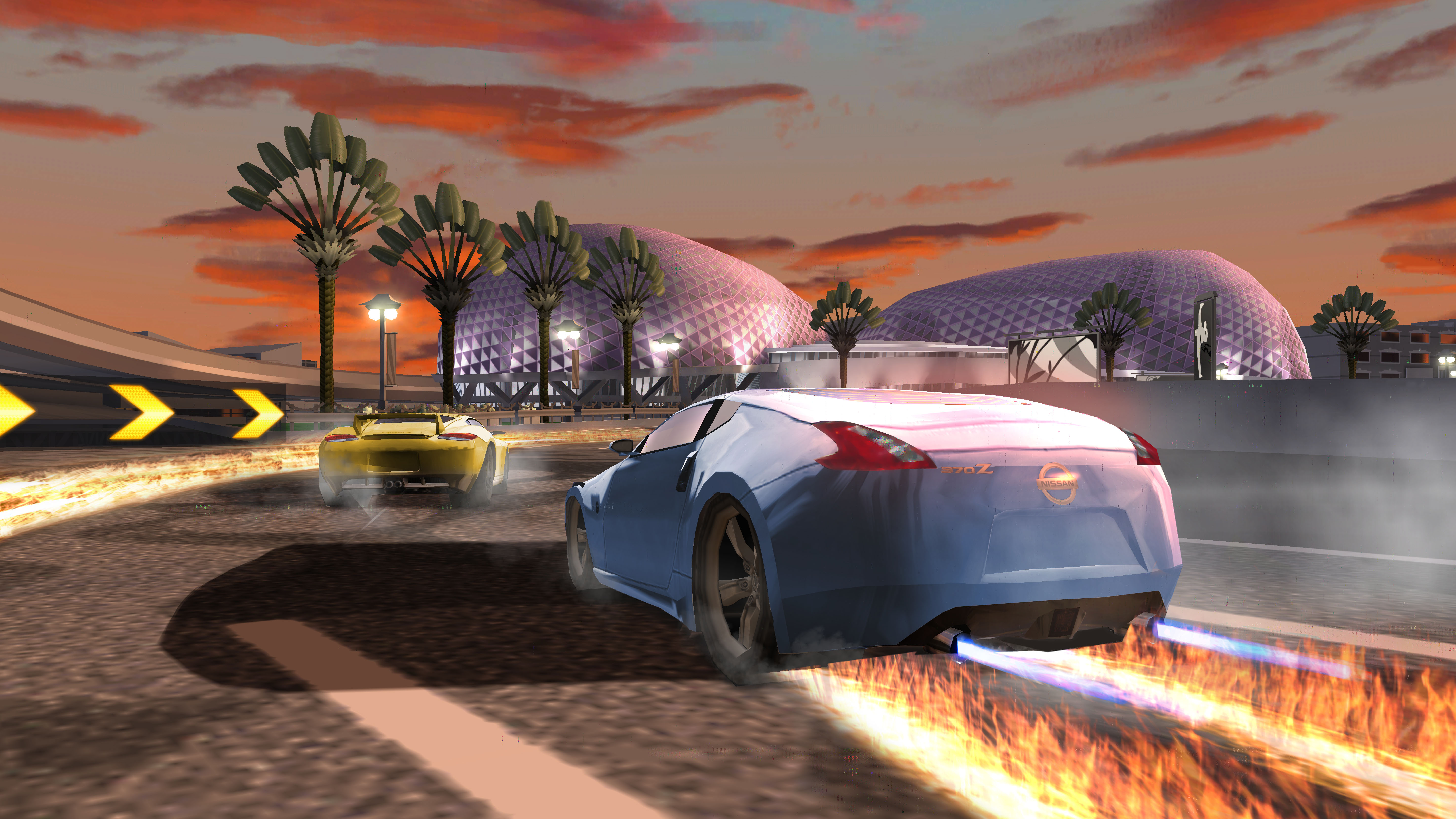Nitro Boosts is an engineer-only
permanent "enchant" to your belt. It will give a 5 second speed
increase every 3 minutes. The actual speed increase is 150%, which is
50% more than epic land mount.
How does nitro boost work?
Nitrous oxide is most commonly made by fusing and "boiling" ammonium nitrate to form steam, nitrous oxide, nitrogen, ammonium nitrate 'fog' and small amounts of very toxic higher oxides of nitrogen.(NO2, NO, etc):
NH4NO3 → N2O + 2H2O, ΔH = −36.8 kJ:
The addition of various phosphates favors formation of a purer gas. This reaction occurs at around 240°C, a temperature where ammonium nitrate is a moderately sensitive explosive and a very powerful oxidizer. At temperatures much above 240°C the exothermic reaction may run away, perhaps up to the point of detonation. The mixture must be cooled to avoid such a disaster. In practice, the reaction involves a series of tedious adjustments to control the temperature to within a narrow range, which it will not naturally tend to stay in. Professionals have destroyed whole neighborhoods by losing control of such commercial processes.

In car racing, nitrous is sometimes injected into the intake manifold or inserted before the manifold to increase power: even though the gas itself is not flammable, it delivers more oxygen than regular air by breaking down at elevated temperatures, thus allowing the engine to burn more fuel and air. Additionally, since nitrous oxide is stored as a liquid, the evaporation of liquid NO in the intake manifold causes a large drop in intake charge temperature. This results in a smaller, denser charge, and can reduce detonation, as well as increase power available to the engine.
One of the major problems of using nitrous oxide in a reciprocating engine is that it can produce enough power to destroy the engine. Power increases of 100-300% are possible, and unless the mechanical structure of the engine is reinforced, most engines would not survive this kind of operation.
How does nitro boost work?
Nitrous oxide is most commonly made by fusing and "boiling" ammonium nitrate to form steam, nitrous oxide, nitrogen, ammonium nitrate 'fog' and small amounts of very toxic higher oxides of nitrogen.(NO2, NO, etc):
NH4NO3 → N2O + 2H2O, ΔH = −36.8 kJ:
The addition of various phosphates favors formation of a purer gas. This reaction occurs at around 240°C, a temperature where ammonium nitrate is a moderately sensitive explosive and a very powerful oxidizer. At temperatures much above 240°C the exothermic reaction may run away, perhaps up to the point of detonation. The mixture must be cooled to avoid such a disaster. In practice, the reaction involves a series of tedious adjustments to control the temperature to within a narrow range, which it will not naturally tend to stay in. Professionals have destroyed whole neighborhoods by losing control of such commercial processes.

In car racing, nitrous is sometimes injected into the intake manifold or inserted before the manifold to increase power: even though the gas itself is not flammable, it delivers more oxygen than regular air by breaking down at elevated temperatures, thus allowing the engine to burn more fuel and air. Additionally, since nitrous oxide is stored as a liquid, the evaporation of liquid NO in the intake manifold causes a large drop in intake charge temperature. This results in a smaller, denser charge, and can reduce detonation, as well as increase power available to the engine.
One of the major problems of using nitrous oxide in a reciprocating engine is that it can produce enough power to destroy the engine. Power increases of 100-300% are possible, and unless the mechanical structure of the engine is reinforced, most engines would not survive this kind of operation.
No comments:
Post a Comment